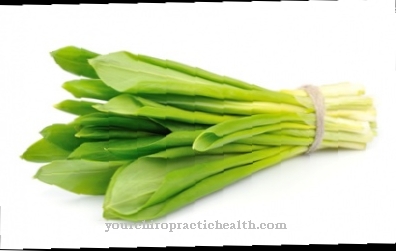Chaste tree is an effective medicinal plant that is mainly used to treat women's ailments. But men can also benefit from the effects of the healthy ingredients. The healing power of monk's pepper was already known in ancient times.
Occurrence and cultivation of monk's pepper

The botanically correct name of the Chasteberry is "Vitex Agnus Castus". Translated it means "chaste lamb". And so you can find monk's pepper in every old monastery garden, which in the male order was supposed to drive out the carnal desires of the monks.
That's probably where the first part of the name comes from. Monk's pepper has a lust-suppressing effect on men, taken in large quantities. The woman benefits from its balancing effect on the sexual organs. The monk's pepper shrub prefers moist places such as embankments or wet meadows as a location.
It is widespread and even grows in the Balkans and India. Its blue-violet flowers bear small fruits in late summer that have a sharp, slightly peppery taste, which explains the second part of its name.
Application & use
Monk pepper or "Keuschlamm", as it is also called, is recognized as a medicinal plant. Commission ESCOP and Commission E, both renowned scientific bodies for assessing herbal remedies, independently confirm the effectiveness, especially for women with some typical symptoms.
Vitex Agnus Castus can with its hormone-like active ingredients - one speaks here of phytohormones - influence the hormonal balance of women and thereby compensate for the natural fluctuations in the female cycle. As it is said to have a positive effect on prostate diseases and testicular inflammation, chasteberry is also a valuable remedy for men.
The crushed fruits in particular are offered in capsule form, coated tablets (mono or combination preparations) or drops, the leaves as tea. The preparations should come from a reliable source with careful processing. Organic cultivation, i.e. free from pesticides and fertilizers, is highly recommended. Anyone who suffers from food intolerance or allergies, is a vegetarian or vegan should also pay attention to accompanying substances such as gluten, lactose, animal gelatine, etc.
As with practically all naturopathic remedies, the full effect takes some time to set in. Therefore, a cure-based application of at least three months is necessary. Since it is said: “Everything that has an effect can also have a side effect”, this is also to be expected in rare cases with monk's pepper. This may manifest as a rash, itchy skin, or tingling sensation. People who have to take dopamine medication should not use monk's pepper, as the medicinal plant itself has dopamine-like effects.
Significance for health, treatment & prevention
The importance of the Chasteberry for women due to the phytohormones has already been highlighted. This applies in particular to premenstrual syndrome (PMS) with tension in the chest, spotting, migraine attacks, flatulence, skin blemishes and irritability or depressive moods.
These are symptoms that women often suffer from at the beginning of the menopause (menopause). Therefore it stands to reason that there is also a broad area of application for Agnus Castus here. Monk's pepper has also proven itself well for irregular menstrual cycles and painful menstrual bleeding. It is used to promote milk production during breastfeeding. Mild complaints can be treated with a tea, stronger symptoms with a standardized preparation with a guaranteed amount of active ingredient. Here the doctor or alternative practitioner will name a suitable preparation.
The high health value of monk's pepper, especially its fruits, is also due to the high content of essential oils, fatty oils, tannins, bitter substances and various flavonoids (e.g. casticin). These secondary plant substances have, among other things, a protective effect against so-called "free radicals". Thus monk pepper has a positive overall effect on health.
In classical homeopathy, Vitex Agnus Castus is also used for neurasthenia, a disease of the nervous system, as well as for chronic sprains and dislocations. However, the main areas of application remain the various women's ailments and complaints. Since monk's pepper is a medicinal product, not a dietary supplement, it should only be taken after consulting a gynecologist or alternative practitioner and in the prescribed dosage. Agnus Castus is not known to have a preventive effect.

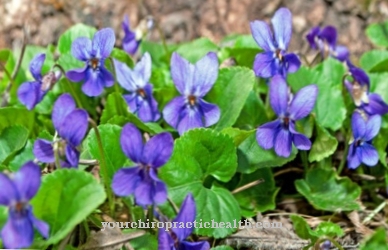
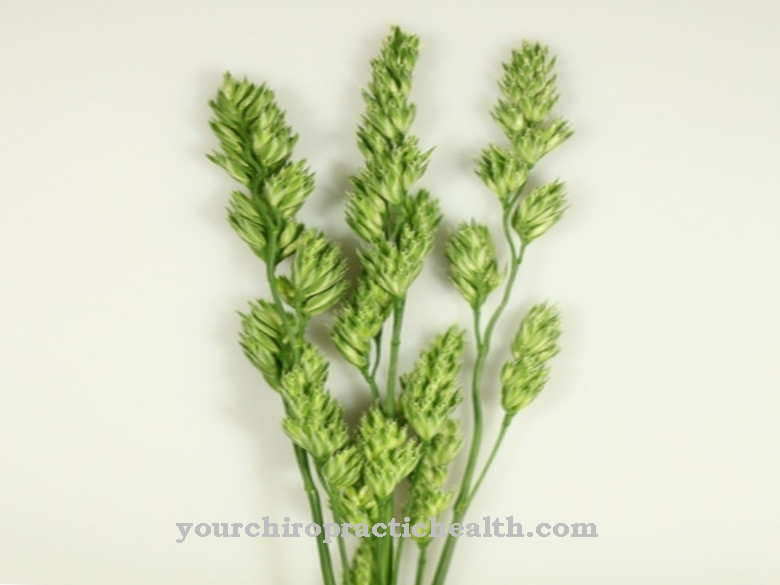
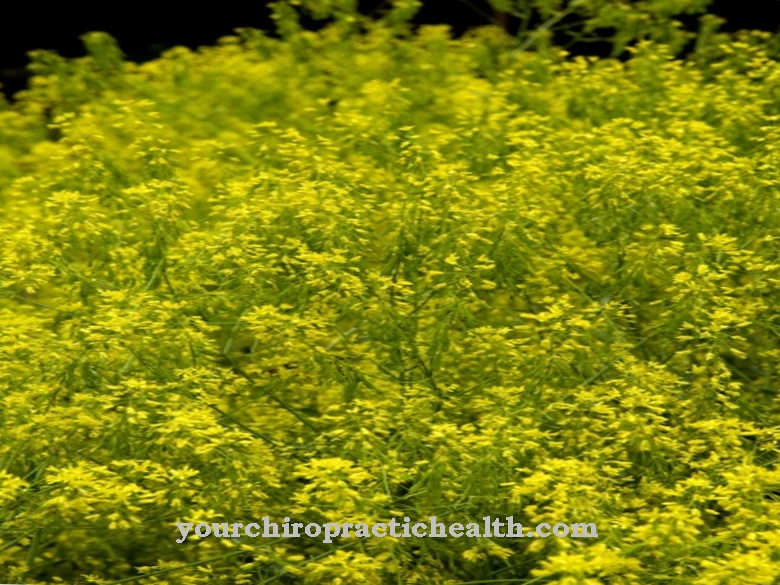
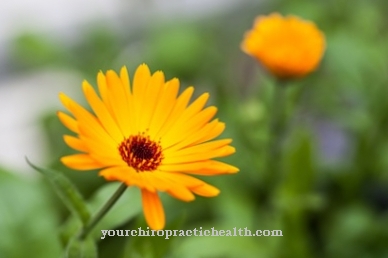
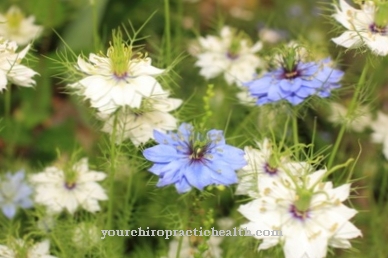
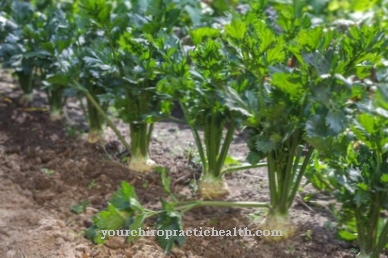


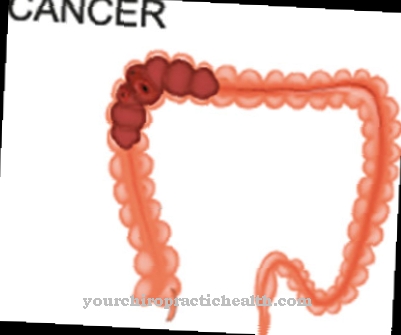
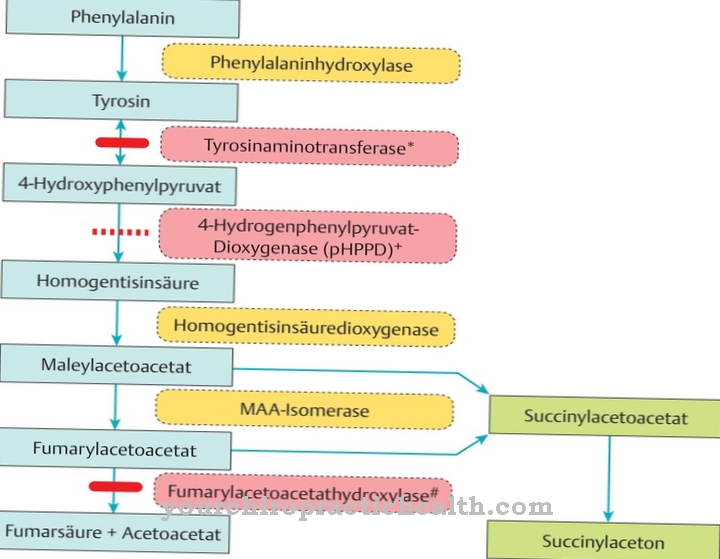
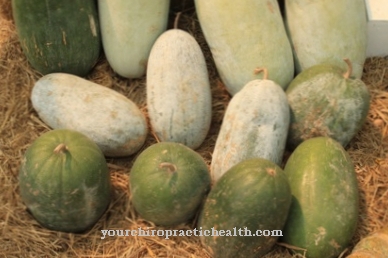
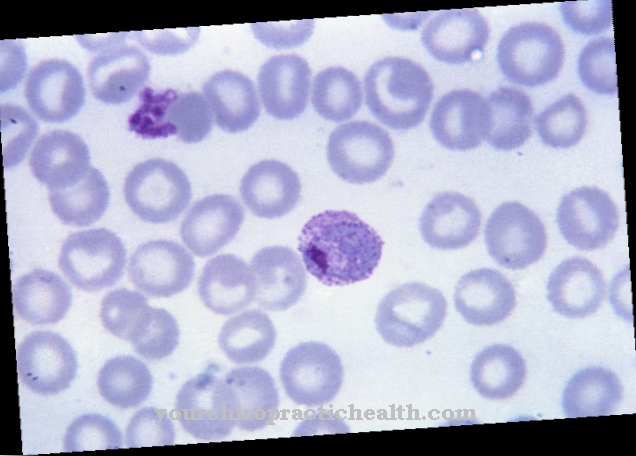


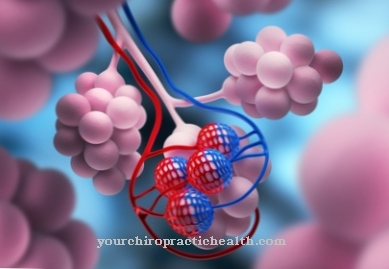

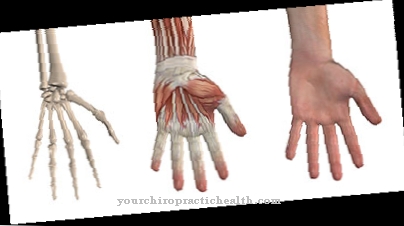



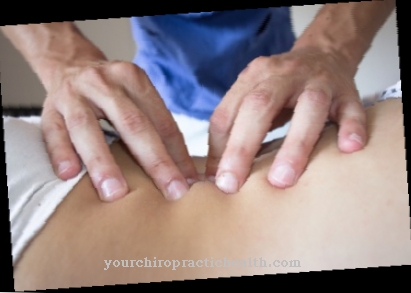


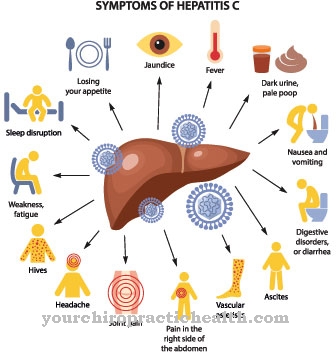
.jpg)


